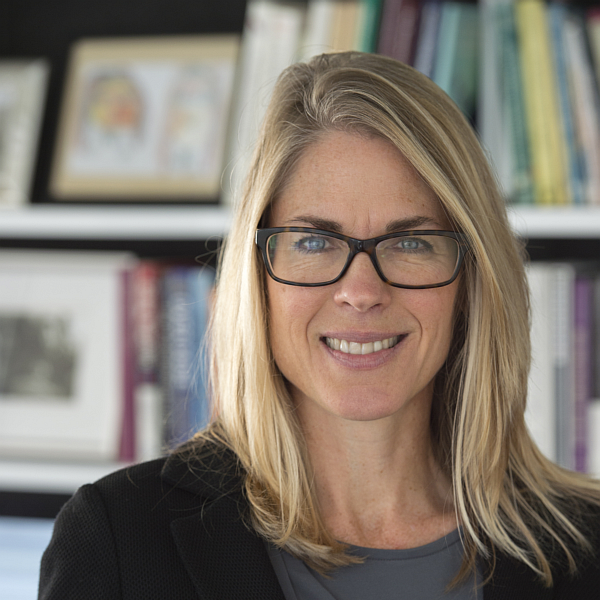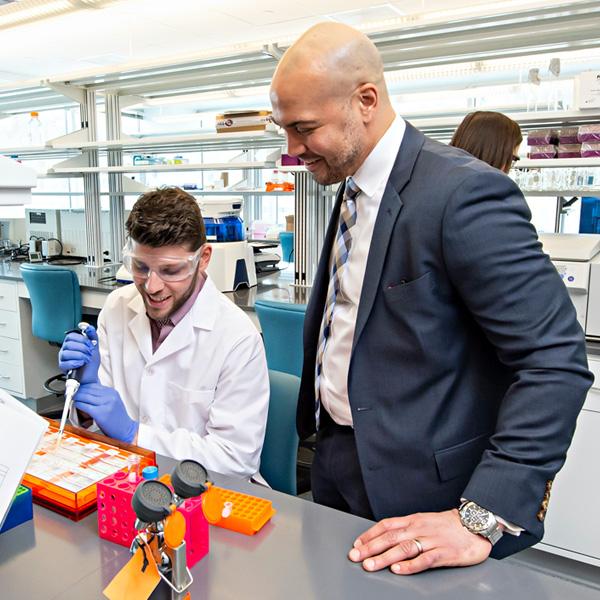Improving Health Care Systems and Policy
Who determines our access to medical care? Health managers and policymakers do. Health policy—defined as decisions, plans, and actions undertaken to achieve specific health care goals within a society—affects all of us. Our health policy and management courses prepare you to develop, advocate, and make decisions at every level of policymaking. Health managers and leaders run hospitals/health systems, work in health insurance, long-term care administration or as consultants.
In the Department of Health Policy and Management, we recognize the challenges inherent in our nation’s health care system. We prepare students to not only face these challenges but to embrace them and work to bring about effective and positive change through leadership and advocacy.
We seek to improve the practice of health care management in the public and private sectors; advance the state of health policy making and implementation; and make public health and health care services more affordable, efficient, and user friendly.
Your professional goals are our top priority, whether they include coordinating services for a health insurance plan, advocating on behalf of patients, or serving as CEO of a hospital system. Our well-connected alumni serve in executive management positions across the country, and our expert faculty produces research in the areas of governance and management, long-term care, and pharmaceutical economics that has influenced health policy at every level.

